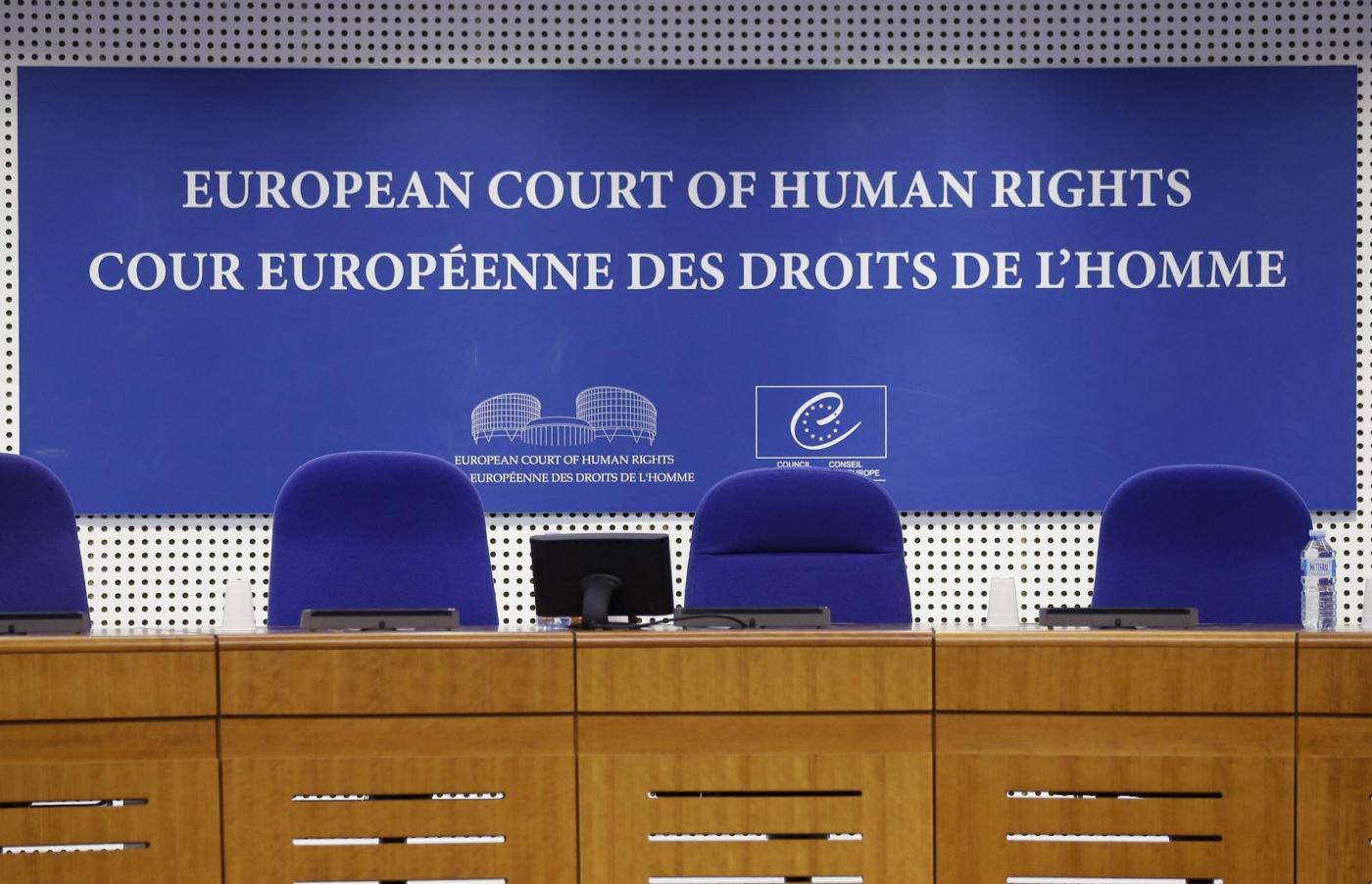On 23 October, the European Court of Human Rights ruled on a case concerning the removal of Uzbek and Tajik nationals from Russia to their country of origin.
The five applicants, nationals of Tajikistan and Uzbekistan, had been charged in their countries of origin with religious and politically motivated crimes. After being charged their pre-trial detention was ordered in absentia, and international search warrants were issued by the authorities. Subsequently the Russian authorities took final decisions to extradite or expel each of the applicants, despite consistent claims that in the event of removal the applicants would face a real risk of treatment contrary to Article 3 of the Convention.
First the Court reiterated that it has previously established that individuals whose extradition was sought by either Uzbek or Tajik authorities, on charges of religiously or politically motivated crimes, constituted vulnerable groups facing a real risk of treatment contrary to Article 3 of the Convention in the event of their removal to their respective countries of origin. The Court went on to make clear that the Russian courts should not rely on the assurances of the Uzbek or Tajik authorities that the individuals would not be at risk when returned, as such assurances have consistently been considered unsatisfactory by the Court. Instead the domestic authorities must carry out a rigorous scrutiny of the applicants’ claims that they face a risk of ill‑treatment in their home country.
As no evidence was put forward to suggest that the criminal justice system of Tajikistan or Uzbekistan or the specific treatment of those prosecuted for religiously and politically motivated crimes had improved since its previous judgements, the Court found that authorising the applicants’ removal to their countries of origin exposed them to a real risk of treatment contrary to Article 3 of the Convention. In addition, the Court found that the detention pending expulsion of one of the applicants violated Article 5(4) due to the lack of foreseeability of its length, awarding him non-pecuniary damage for this violation.
Therefore, the Court ruled to replace the interim measures that the applicants should not be removed from Russia to their respective countries of origin with a final judgement with the same effect.

